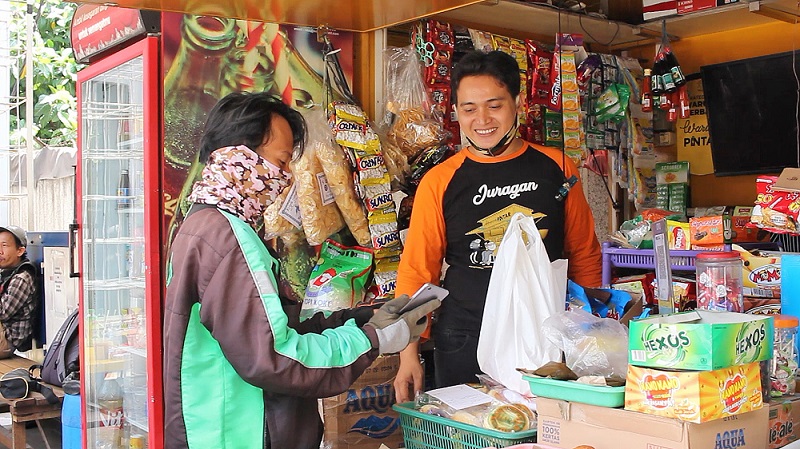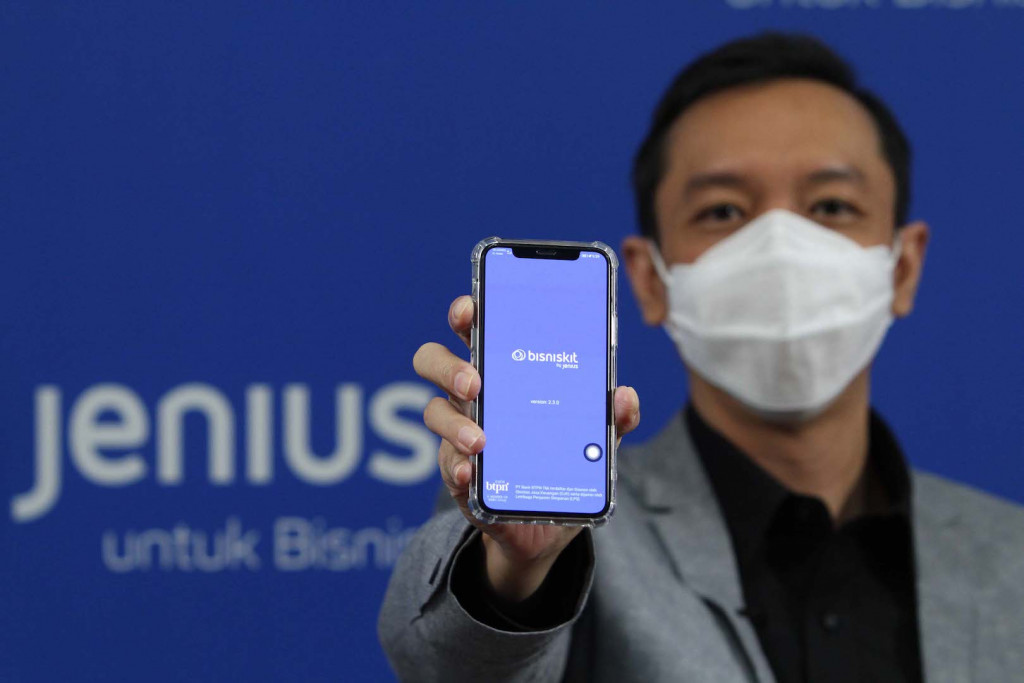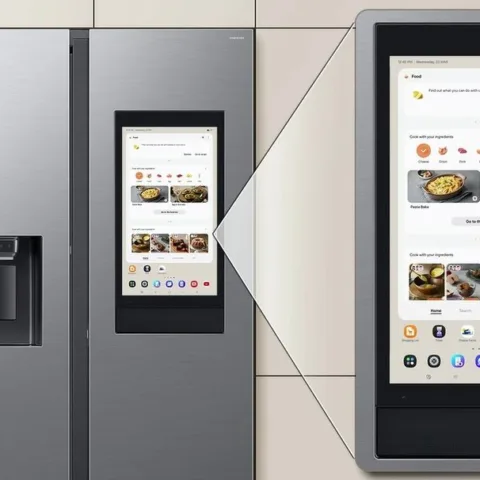Warung Pintar announces a collaboration with Grab in order to make it easier for Grab consumers to shop for their daily needs through warung by Juragan Warung Pintar (as the shop owner is called) through GrabMart. This collaboration has been established since the end of June 2020 and there are dozens of stalls in Jakarta and its surroundings registered as partners.
In fact, Grab already has its own unit to manage the shop, GrabKios. It is a service formed through its acquisition of Kudo. Meanwhile, Kudo and Warung Pintar have been East Ventures’ portfolios since their debut.
Warung Pintar’s Co-Founder and CEO Agung Bezharie Hadinegoro explained that soft drinks, food groceries, household items, and personal care are some of the categories most people sought after at the shop.
“With the shifting trend, where people feel safer when shopping online, we are trying to reach users and fulfill their needs digitally through GrabMart,” he said in an official statement, Wednesday (9/16).
This initiation was first taken after seeing the fact that at the beginning of this pandemic as many as 93% of Juragan had experienced a decrease in income by 28%. However, after entering GrabMart, their income is claimed to increase by 50% with a value of more than IDR50 million per month.
“Aside from that, each shop has experienced an increase in the number of subscribers between 200-800 customers per month.”
GrabMart alone is an expansion of GrabFood service amid pandemic for merchants who want to expand their business by selling fresh products, raw food, snacks, frozen food, to personal needs. For delivery using the GrabBike driver fleet. Compete directly with Gojek’s GoMart.
“We hope that this collaboration with Warung Pintar will help drive the digitalization of traditional businesses that will accelerate economic recovery during the pandemic and ensure more people can benefit from the digital economy,” Grab Indonesia GrabFood’s Head of Marketing, Hadi Surya Koe said.
In acquiring merchants, Grab does not only engage micro-entrepreneurs but also enterprise groceries and online startups. During the pandemic, Grab has digitized more than 185 thousand SMEs and 32 thousand traditional traders in hundreds of cities in Indonesia into its digital ecosystem.
Agung expects, by the end of this year, at least 400 more stalls can be added to GrabMart, located in Jabodetabek, Bandung, and Surabaya. Currently, Warung Pintar has 47 thousand stalls that are incorporated into its network.
“Since the beginning, stalls have always been proven to support Indonesia’s economy and hopefully the stalls can grow as we grow together with warungs. In times like these, our solidarity is encouraged and the solution is to proudly use products and services made in Indonesia,” he concluded.
–
Original article is in Indonesian, translated by Kristin Siagian













